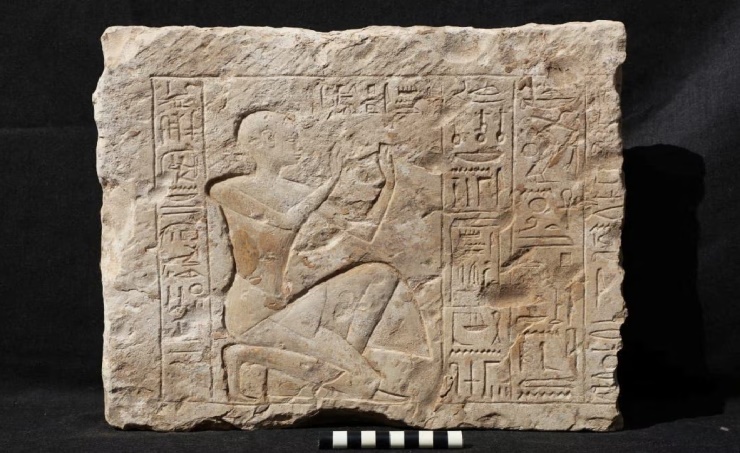Cairo, Mar. 26 (BNA): Antiquities officials revealed the discovery of no less than 2,000 mummified ram heads dating back to the Ptolemaic era and a luxurious structure from the Old Kingdom era in the temple of Ramesses II in the ancient city of Abydos, southern Egypt.
Mummified ewes, dogs, wild goats, cows, deer, and mongooses were found in the temple along with ram’s heads, which are believed to be votive offerings indicating continued reverence for Ramesses II at the site some 1,000 years after his death. From the Ministry of Tourism and Antiquities said.
She added that the discoveries will expand knowledge of the site over a period of more than two thousand years until the Ptolemaic era. The Ptolemaic period extended for nearly three centuries until the Roman conquest in 30 BC, according to Reuters.
Located in the Egyptian governorate of Sohag about 270 miles (435 km) south of Cairo, Abydos is one of Egypt’s major archaeological sites albeit a less visited one.
It was a tomb for the ancient Egyptian royal family and a pilgrimage center for the worship of the god Osiris.
The excavations were carried out by an expedition from the New York University Institute for the Study of the Ancient World.
Along with the remains of stuffed animals, the team discovered a huge palatial structure with walls about five meters thick from the Sixth Dynasty of the Old Kingdom, in addition to numerous statues, papyri, remains of ancient trees, leather clothes, and shoes.
The head of the mission, Sameh Iskandar, was quoted as saying that the structure could help “recreate the sense of the ancient landscape of Abydos before the construction of the Temple of Ramesses II.”
WWA
